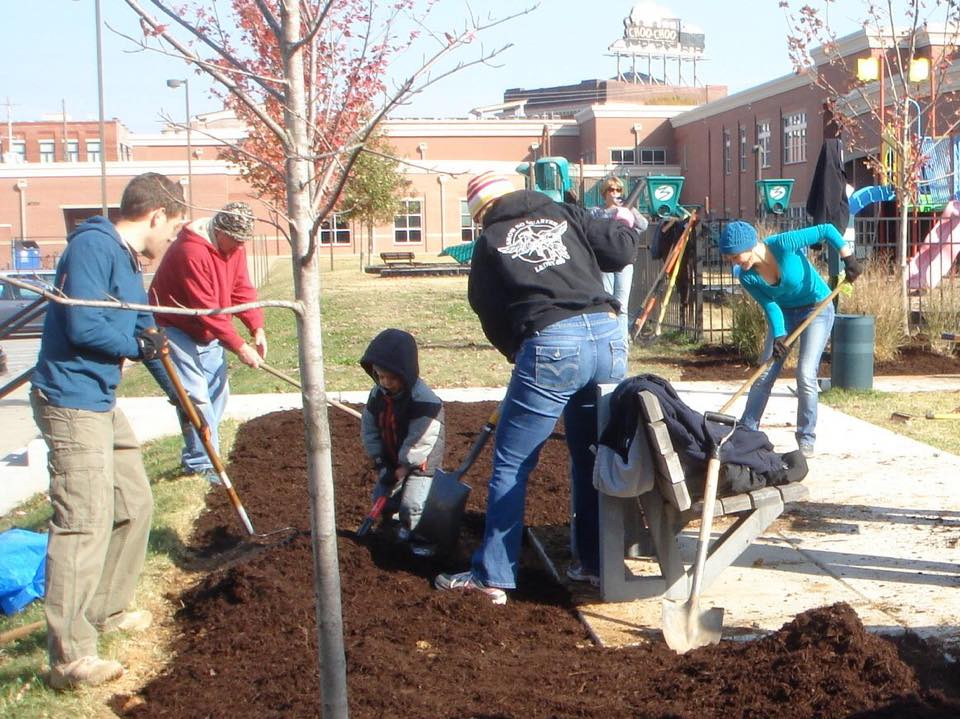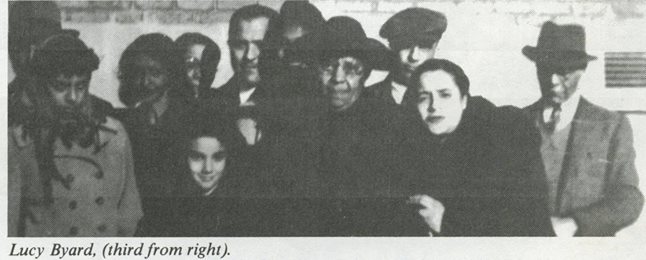We reported earlier that Andrews University students were active in demonstrations calling for racial justice. Also, the president of the Northeastern Conference made a public statement. These were not the only Adventists who joined the national conversation. Students at Oakwood University and Adventists in Ohio also participated, reports Spectrum.
Here are a number of articles that reported on their involvement. Excerpts below:
Pastors: Prayer trumps protest (Lori Kurtzman, Columbus Dispatch, 7 Dec 2014)
Church leaders and members gathered outside the Statehouse yesterday to call for prayer in a time of social unrest. “You can’t meet anger with anger,” said John Boston, pastor at Central Seventh-day Adventist Church on the Near East Side. “We want to meet anger with calm, protest with prayer.”
March on Wynn Drive to University Blvd. (Oakwood University, 5 Dec 2014)
We understand that some of our Oakwood students along with other students have been involved in the organizing of a demonstration (#ShutItDownHSV) for December 5, at 4:30 p.m. We support the rights of our students to peacefully protest. However, we are deeply concerned about the safety and well-being of our students and anyone else who has planned to participate. We do not support the breaking of traffic laws and ask every Oakwood student, “If you choose to participate, to do so peacefully and lawfully, in accordance with the laws of the city of Huntsville.”
We also invite students who wish to express themselves, but do not wish to march to join us on Sunday, December 7, at 5:00 p.m. in Moran Hall to help assemble an action plan for how Oakwood students can support the mission of creating “One Huntsville.”
March on Wynn Drive to University Blvd: A message from Oakwood University president (Oakwood University, 5 Dec 2014)
Tonight I stood among our students as they made their voices heard. I marched with them. I felt their unrest. I could sense that they wanted change and equality. As I looked at their faces, I couldn't help but think how this experience would change them forever. Being able to protest for change is a beautiful thing. And we are proud of how they conducted themselves in the midst of their pain and anger.
Students from Oakwood University fill streets with peaceful protest (WAFF 48, 5 Dec 2014)
The protest started to block off Wynn Drive from Oakwood University all the way to University Drive Friday evening.
UPDATE: #ShutItDownHSV protest march remains peaceful along University Drive (Matt Kroschel, WHNT 19, 5 Dec 2014)
Oakwood University students and other local college students angered by high-profile cases in Missouri and New York gathered for a protest march Friday evening. Students used social media and the Twitter hashtag #ShutItDownHSV to get out the word.
Oakwood University Students are Joined in Protest by the Huntsville Community on a March to Shut Down University Drive (Jonathan Bratton, Vimeo, Dec 2014)
Oakwood University Students are Joined in Protest by the Huntsville Community on a March to Shut Down University Drive
Following Ferguson protests, Oakwood University students start seeking solutions; want police body cameras ( Paul Huggins, AL.com, 7 Dec 2014)
Two days after 300 Oakwood University students marched in protest against African American deaths by police, they began working on "tangible solutions," such as requiring police body cameras, that they intend to deliver to city officials.
Oakwood students have ‘What’s next’ meeting after protests (Shevaun Bryan, WHNT 19, 7 Dec 2014)
A quiet Sunday meeting was filled with ideas from the same minds that brought a massive demonstration to the Rocket City.
FEATURED IMAGE CREDIT: Leslie Pollard, @LesPollard. "Black Lives Matter--at the Oakwood demonstration for justice in Huntsville!" (6:14 PM - 5 Dec 2014)









